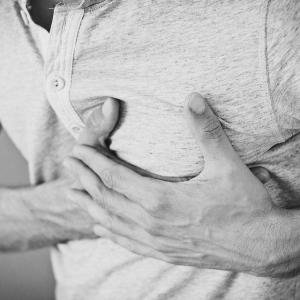High Stress Plus Type A Behavior Boosts Stroke Risk
Stress plus Type A traits can boost one's risk of having a stroke, according to findings published in the Journal of Neurology, Neurosurgery & Psychiatry.
Higher Risk of Having A Stroke
According to researchers from the Hospital Clinico Universitario San Carlos in Madrid, individuals who experience chronic high-stress situations from "major life events" and who exhibit type A personality traits are looking at between two and three times higher risk of having a stroke. This, they say, is above and beyond any other more conventional risk factors for stroke.
The Study
They followed 150 adults who'd had a stroke (median age 54), beginning around the time of the collapse of the world economy in 2008 and all the way through 2010. They were compared to 300 healthy people taken from the census registry.
Risk Factors of Stroke
The risk factor most closely associated with stroke was experiencing a stressful event in life the prior year. For those who scored 150 on the Holmes & Rahe questionnaire, their odds of having a stroke were almost four times greater than those who scored lower on the questionnaire.
Two of the independent predictors of stroke were being male and consuming more than two energy drinks per day.
The researchers concluded: "The level of distress and the depression symptoms associated with stress have somatic repercussions such as hypertension and are also associated with poor lifestyle choices such as low physical activity, tobacco habit, alcoholism, and poor dietary habits."
Source: MedPage Today
Photo: Pixabay






